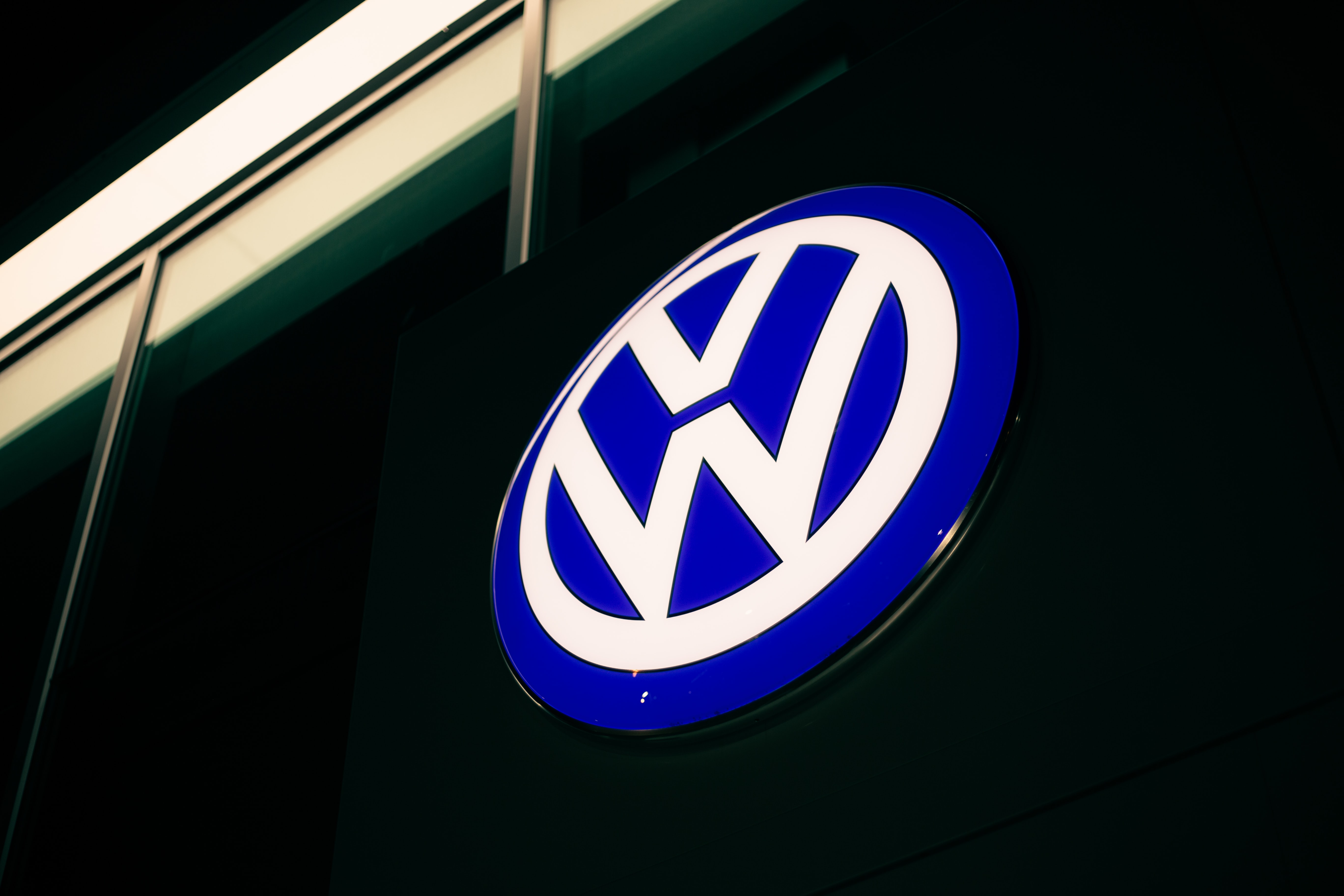With excellent results, tales of the past don’t have so much influence on the stock price of VW. On July 29, 2021, VW announced results for the first half of the year – operating result reaches a record level of 11.4 billion EUR despite pandemics. Revenue is +10% and earnings-per-share are +30% better-than-expected.[1] Despite the tales from the past, it does not seem to have much of an impact on Volkswagen’s share value in past couple of years – the price moved in range of 100-150 EUR per share.[2]
Dieselgate scandal has cost the VW Group more than 32 billion euros in fines and legal cost so far. There is still pending 4.1 billion euros of shareholders claims in relation to the crisis – but before resolvent it can pass years.[3] Currently, Porsche is facing a lawsuit in the USA. Reasons are claims related to the diesel emissions scandal connected with Volkswagen, since Porsche is VW’s largest shareholder.[4]
On July 22, 2021, shareholders in Volkswagen approved a deal to settle claims against four former executives – Volkswagen will receive 288 million euros in compensation.
In 2015, Volkswagen has admitted that they have cheated US diesel engine tests – it was the biggest business crisis in history. Two executives that were most responsible were – former VW’s CEO Martin Winterkorn and former Audi boss Rupert Stadler.
Winterkorn and Stadler – both denied being responsible for the scandal. Ex-CEO Winterkorn resigned a week after the scandal broke. Also, VW ended Stadler’s contract as Audi CEO almost three years after the scandal.[5]
Since these are the remnants of an affair more than six years old, the news has little effect on stock price movements. It only shows how much VW has moved in compliance with regulations, and greater internal control. From manipulating the software to disguise the actual amount of exhaust, to a complete turn and electrification of the vehicle.
By 2025, VW plans to have 80 new electric and plug-in hybrid models for sale. Also, the entire Group will invest more than €50 billion in battery cell technology over the next course of years. And by 2030, the Group will only have all-electric or hybrid version of vehicles.
This turn could be the basis for the continuation of the previous excellent sales figures, and the continued growth of the company's value.
As it can be seen in the VW’s Press Release, based on the business performance in the first six months of 2021, the Group lowered its forecast for deliveries to customers. Biggest reason is COVID-19 pandemics – and if it will be successfully contained, the Group will still have a bumpy road on the recovery. It will take some time for the entire economy and the supply chain to be in “normal conditions”.
In 2021, the Group expects the sales revenue to be better than in 2020, in range 6-7.5%, in other words, numbers should be better than in 2019.[6]
In comparison, first 6 months: sales revenue was 125.2 billion EUR in 2019, 96.1 billion EUR in 2020, and for 2021 it is 129.7 billion EUR. Operating profit and margin for 2019 was 8.0%, for 2020 was -0.8% and for 2021 is 8.8%. Clean net cash flow for 2019 was 6.9 billion EUR, for 2020 was -2.3 billion EUR, and for 2021 is 12.3 billion EUR.
According to CNN Business, median estimates for Volkswagen AG price in the next 12-month – possible growth of +32.87% from the closing price on August 11, 2021. [7]
Lưu Đỗ Hoàng Anh, Financial Analyst
[1] VW Press release: https://www.volkswagenag.com/en/news/2021/07/Volkswagen_Group_raises_outlook_for_2021.html
[2] Past performance is no guarantee of future results.
[3] Past performance is no guarantee of future results.
[4] Porsche lawsuit: https://www.reuters.com/legal/litigation/porsche-se-faces-us-lawsuit-over-dieselgate-scandal-2021-08-10/
[5] Dieselgate: https://www.reuters.com/business/autos-transportation/volkswagen-seek-dieselgate-damages-former-ceo-audi-boss-2021-03-26/
[6] Forward-looking statements are based on assumptions and current expectations, which may be inaccurate, or based on the current economic environment, which is subject to change. Such statements are not guaranteeing of future performance. They involve risks and other uncertainties which are difficult to predict. Results could differ materially from those expressed or implied in any forward-looking statements.
[7] Forward-looking statements are based on assumptions and current expectations, which may be inaccurate, or based on the current economic environment which is subject to change. Such statements are not guaranteeing of future performance. They involve risks and other uncertainties which are difficult to predict. Results could differ materially from those expressed or implied in any forward-looking statements.


